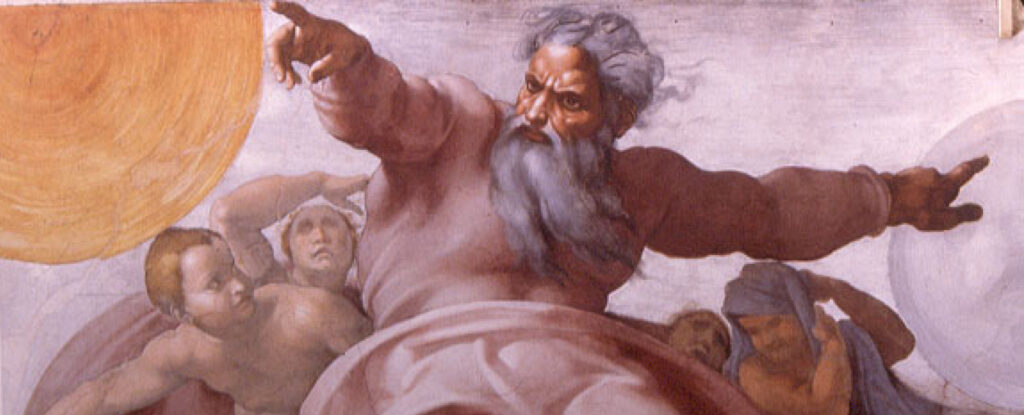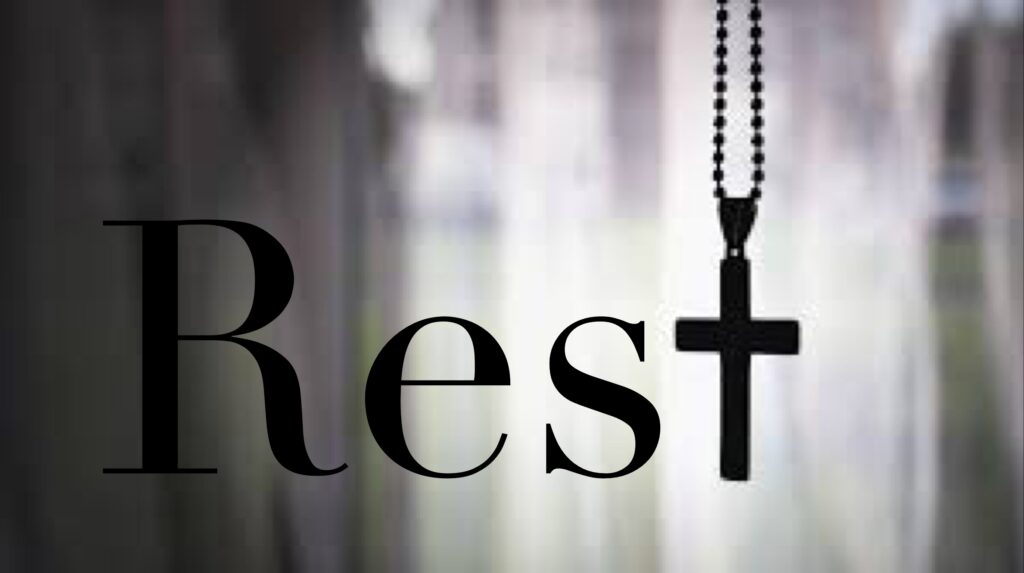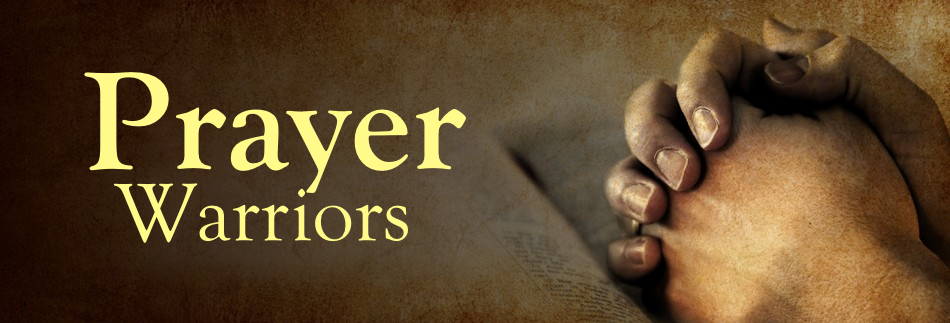How to Start the Day Off Right
I’m always looking for more motivation to pray, especially as we enter the season of Lent. But too often we see prayer as drudgery and something we feel obligated to do. When we view prayer in this light, we don’t really gain anything from it. Instead of drudgery, Pope Francis wants us to see prayer […]
How to Start the Day Off Right Read More »









